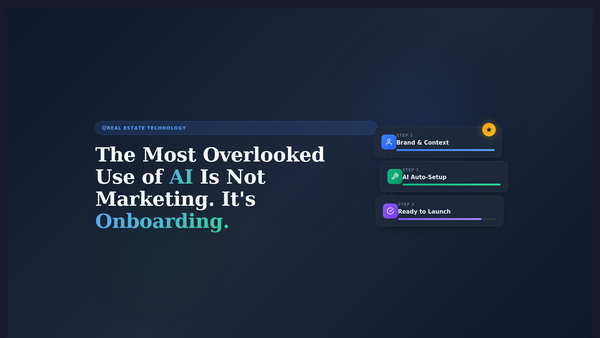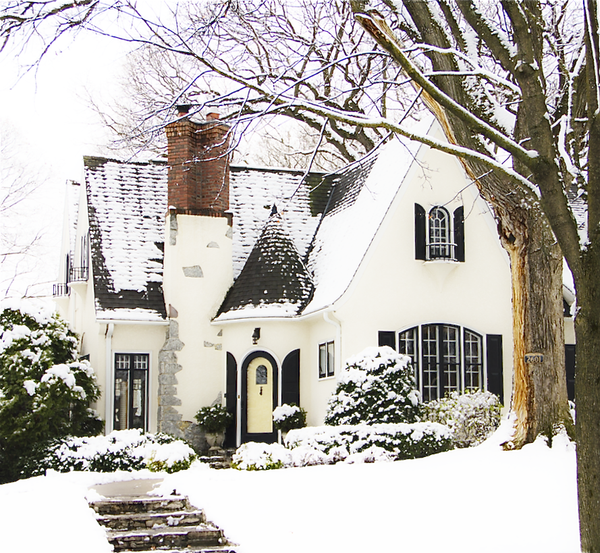Selling your home is a significant undertaking, given that it represents a substantial investment from when you initially purchased it. Naturally, you aim to optimize its value as much as possible.
However, determining the right price for your home involves a multitude of factors. While you certainly hope to secure the highest possible sale price, there's a fine balance to strike – pricing it too high may result in a stagnant listing with no offers, while pricing it too low could lead to unsatisfactory offers that don't align with your financial goals.
Identifying this ideal price point requires a systematic approach, which can be achieved through diligent research and effort. Whether you choose to establish a price independently or seek guidance from real estate agents and experts, here's how to price your home to sell.
Know the Real Estate Market
Before you even think about putting a price tag on your home, it's crucial to understand the current real estate market in your area. Market conditions can have a significant impact on your pricing strategy. Is it a buyer's market with many homes available and few buyers? Or is it a seller's market with high demand and low inventory? Knowing this will help you gauge how competitive your pricing needs to be.
Research Comparable Sales:
One of the best ways to determine the market value of your home is by looking at recent sales of similar properties in your neighborhood. These are often referred to as "comparable sales" or "comps." Pay close attention to factors such as the square footage, number of bedrooms and bathrooms, condition, and location. Real estate websites and local agents can help you gather this information.
Hire a Real Estate Agent:
A qualified real estate agent can be an invaluable resource during this process. They have access to up-to-date market data, can perform a comparative market analysis (CMA) to determine your home's value, and can provide insights on local trends and buyer preferences. Consider EasyDigz agents to correctly price your home for sale.
Determine Your Financial Goals
Your pricing strategy should align with your financial goals. Consider how much you need or want to make from the sale of your home. Take into account the outstanding mortgage balance, closing costs, agent commissions, and any renovations or repairs you've made to the property. Factor in your future housing plans and how the sale proceeds will fit into your financial picture.
Set a Minimum Acceptable Price:
Determine the absolute minimum price you are willing to accept for your home. This will serve as your baseline during negotiations, helping you avoid making impulsive decisions.
Consider the Condition of Your Home
The condition of your home plays a significant role in determining its value. Take an honest look at your property and consider any necessary repairs or renovations. Homes in excellent condition typically command higher prices. If you've recently upgraded your kitchen, bathroom, or roof, these improvements can positively affect your home's value.
Get a Pre-Listing inspection:
Consider getting a pre-listing inspection to identify any hidden issues that might arise during the selling process. Addressing these issues upfront can save you time and money in negotiations. EasyDigz offers pre-inspection certification, which helps sellers price their homes correctly.
Factor in Location
Location is a critical factor in real estate pricing. Even a perfectly maintained home may have limitations if it's in an undesirable neighborhood or far from essential amenities. Take stock of your home's proximity to schools, parks, shopping centers, public transportation, and job centers. These factors can significantly influence its value.
Highlight Unique Features:
If your home has any unique features that are in demand in your area, be sure to highlight them. These could include a large backyard, a picturesque view, or a sought-after school district.
Set the Right Price Range
Now that you have gathered all the relevant information, it's time to set a price range for your home. Your range should have a minimum and maximum price, with your ideal selling price falling somewhere in between.
Consider Psychological Pricing:
Keep in mind that pricing can be as much a psychological game as a financial one. Listing your home at $499,000 may attract more interest than listing it at $500,000, even though the difference is marginal. Experiment with different price points to see what resonates with potential buyers.
Monitor Market Feedback
Once your home is on the market, pay attention to feedback from potential buyers and their agents. If you're consistently hearing that your home is overpriced, it might be time to adjust your asking price. Real estate is a dynamic market, and pricing strategies may need to be revised based on the feedback and activity you receive.
Price Reduction Strategy:
Plan for a price reduction strategy in case your home doesn't attract offers within a reasonable timeframe. Your real estate agent can help you determine when and by how much to reduce the price to generate renewed interest.
Stay Flexible
Selling a home can be an emotional process, and it's essential to stay flexible and open to negotiation. Be prepared to adjust your price if necessary, especially if your home has been on the market for an extended period. Your goal should be to sell your home at the best possible price, in line with your financial objectives.
Timing Matters:
Keep an eye on the local real estate market's seasonality. Some times of the year may be more favorable for sellers than others. Your agent can advise you on the best time to list your property.
Be Competitive
In a competitive market, pricing your home competitively can lead to a quicker sale. While it's natural to want to maximize your profit, remember that an overpriced home may sit on the market for a long time, leading to increased carrying costs and potentially a lower selling price in the end.
Online Marketing:
Utilize online platforms effectively to showcase your home's value. High-quality photos, virtual tours, and detailed descriptions can help attract more potential buyers. EasyDigz offers all the above features at a flat fee.
Plan for Negotiation
Negotiation is a standard part of the home-selling process. Be prepared to receive offers and counteroffers. Knowing your minimum acceptable price and having a clear understanding of your financial goals will help you navigate negotiations with confidence.
Evaluate Each Offer:
Carefully evaluate each offer you receive, considering not only the price but also the terms and contingencies. Your agent can help you assess the pros and cons of each offer.
Closing the Deal
Once you've agreed on a price with a buyer, it's time to move forward with the closing process. This involves finalizing all paperwork, inspections, appraisals, and any other necessary steps. Your agent and the buyer's agent will work together to ensure a smooth closing process.
Conclusion:
Pricing your home to sell is a critical step in the home-selling journey. It requires a deep understanding of your local real estate market, your financial goals, and the condition and location of your home.
By following these steps and working closely with a qualified real estate agent, you can increase your chances of selling your home at the right price and on your terms.







